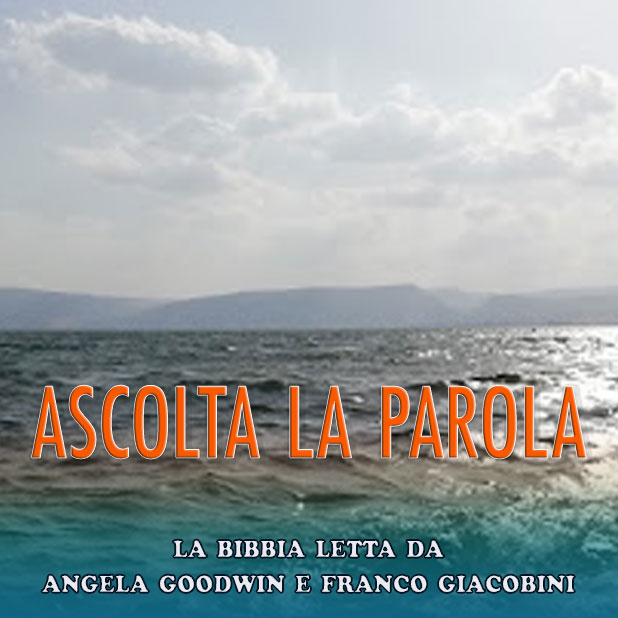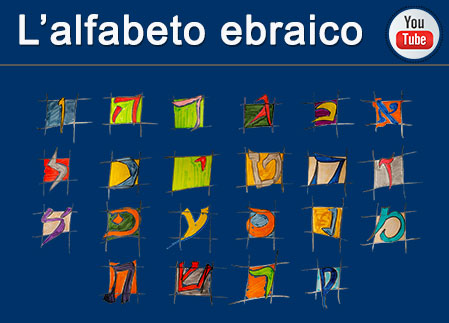Benedict XVI, Pope (Ratzinger, Joseph) 1927-
Città del Vaticano 09/10/2008
(…)The war highlighted the love he felt for his "beloved Rome," a love demonstrated by the intense charitable work he undertook in defense of the persecuted, without any distinction of religion, ethnicity, nationality or political leanings. When, once the city was occupied, he was repeatedly advised to leave the Vatican to safeguard himself, his answer was always the same and decisive: "I will not leave Rome and my place, even at the cost of my life" (cf Summarium, p. 186). His relatives and other witnesses refer furthermore to privations regarding food, heating, clothes and comfort, to which he subjected himself voluntarily in order to share in the extremely trying conditions suffered by the people due to the bombardments and consequences of war (cf A. Tornielli, "Pio XII, Un uomo sul trono di Pietro"). And how can we forget his Christmas radio message of December 1942? In a voice breaking with emotion he deplored the situation of "the hundreds of thousands of persons who, without any fault on their part, sometimes only because of their nationality or race, have been consigned to death or to a slow decline" (AAS, XXXV, 1943, p. 23), a clear reference to the deportation and extermination of the Jews. He often acted secretly and silently because, in the light of the concrete realities of that complex historical moment, he saw that this was the only way to avoid the worst and save the largest possible number of Jews. His interventions, at the end of the war and at the time of his death, received numerous and unanimous expressions of gratitude from the highest authorities of the Jewish world, such as, for example, the Israeli Foreign Minister Golda Meir, who wrote: "During the ten years of Nazi terror, when our people went through the horrors of martyrdom, the Pope raised his voice to condemn the persecutors and commiserate with their victims"; ending emotionally: "We mourn a great servant of peace."Unfortunately, the historical debate on the figure of the Servant of God Pius XII, which has not always been the calmest, has prevented us shining a light on all the aspects of his multifaceted Pontificate. There was a great multitude of speeches, addresses and messages delivered to scientists, doctors, and representatives of the most varied categories of workers, some of which even today still possess an extraordinary relevance and continue to be a concrete point of reference. Paul VI, who was his faithful collaborator for many years, described him as an erudite man, an attentive scholar, open to modern means of research and culture, with an ever-strong and coherent fidelity both to the principles of human reasoning, as well as to the intangible depository of the truth of faith. He considered him a precursor of Vatican Council II (cf Angelus of 10 March, 1974). (…)
240 visualizzazioni.
Inserito 01/01/1970
Relazioni Ebraico-Cristiane
Ultime novità nel sito
- 19/04/2020: Articolo - L’enigma della Maddalena
- 23/02/2020: Articolo - Il locus amoenus nelle catacombe ebraiche e cristiane di Roma
- 16/02/2020: Articolo - Il profetismo nel Vicino Oriente antico
- 13/02/2020: Articolo - I Profeti della Cappella Sistina
- 09/02/2020: Articolo - Gerusalemme e la Terra Santa di Israele


